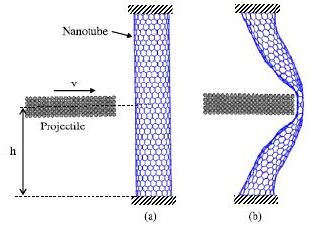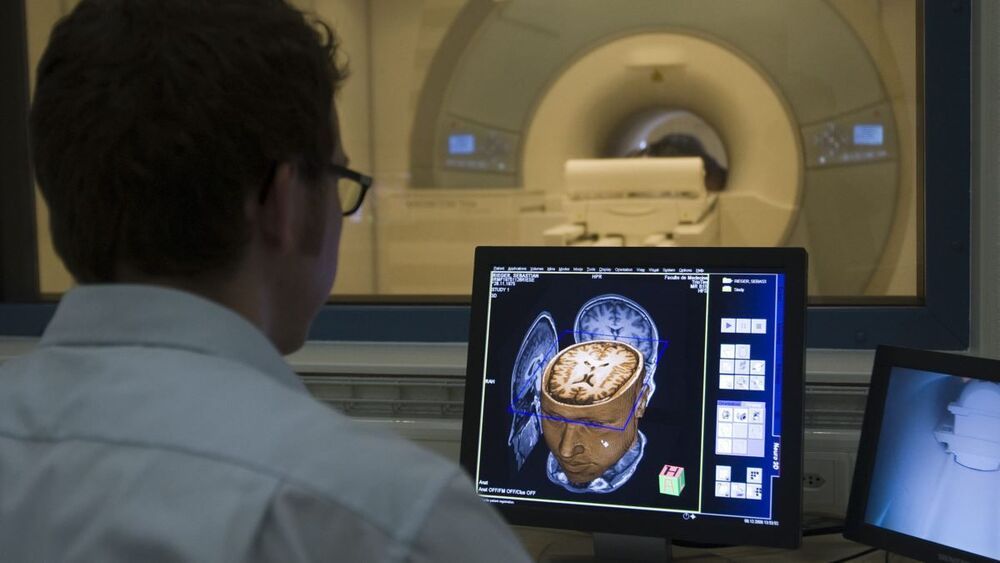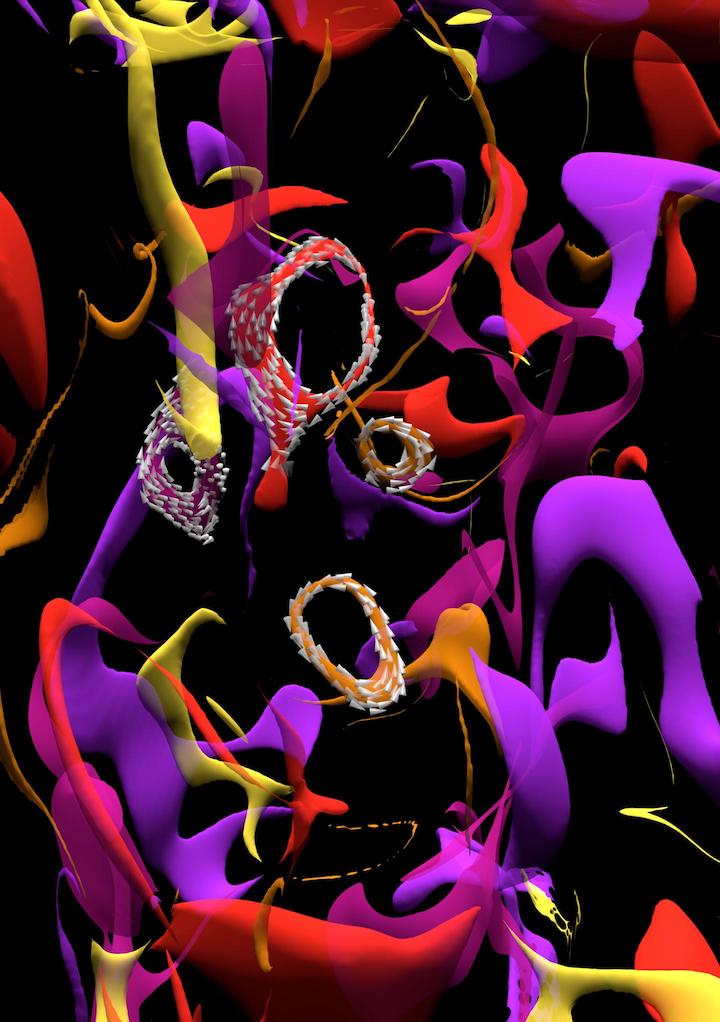A team of researchers has developed a flexible, rechargeable silver oxide-zinc battery with a five to 10 times greater areal energy density than state of the art. The battery also is easier to manufacture; while most flexible batteries need to be manufactured in sterile conditions, under vacuum, this one can be screen printed in normal lab conditions. The device can be used in flexible, stretchable electronics for wearables as well as soft robotics.
The team, made up of researchers at the University of California San Diego and California-based company ZPower, details their findings in the Dec. 7 issue of the journal Joule.
“Our batteries can be designed around electronics, instead of electronics needed to be designed around batteries,” said Lu Yin, one of the paper’s co-first authors and a Ph.D. student in the research group of UC San Diego’s nanoengineering Professor Joseph Wang.





